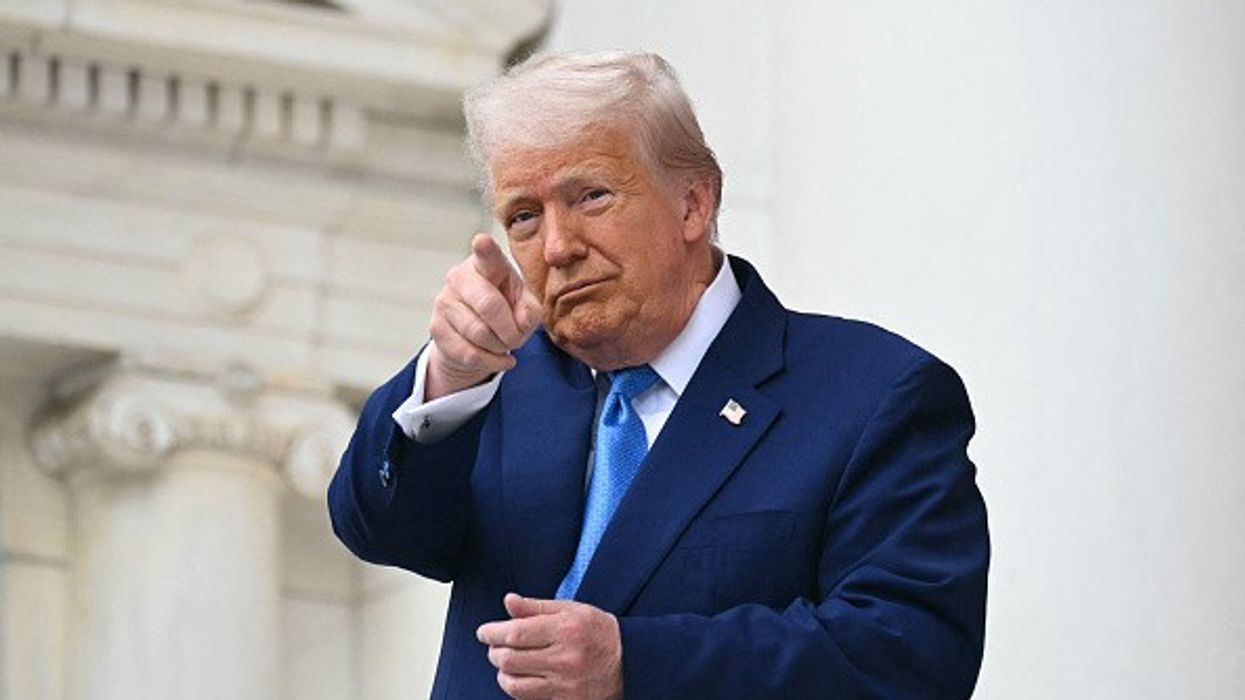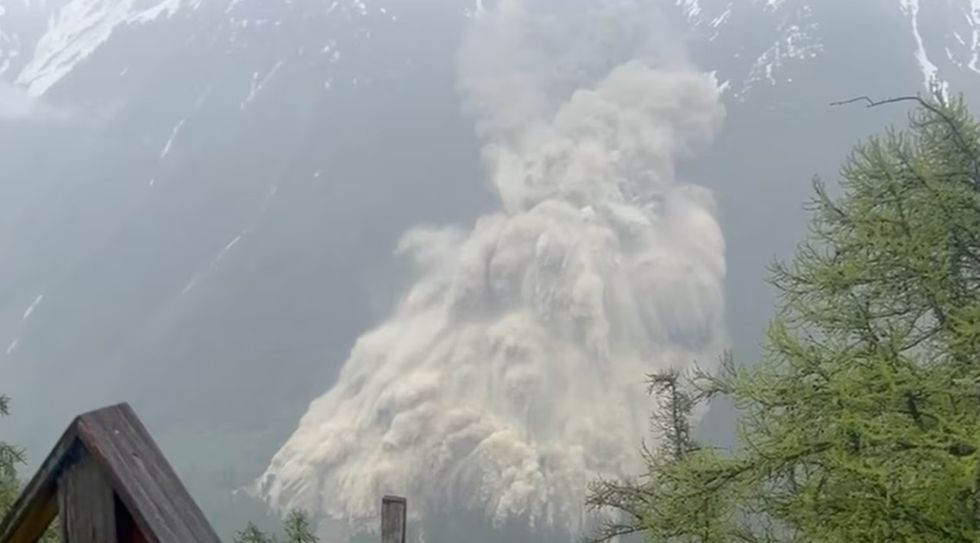By Barnie Choudhury
LEICESTER’S mayor, Sir Peter Soulsby, has accused the government of playing politics with lives and livelihoods by locking down his city based on ‘inconsistent and sketchy data’.
Eastern Eye can reveal that the mayor has sent two letters to ministers asking for permission to spend £13 million of government money to help local businesses, but he is still waiting for a reply more than two weeks later.
Last week civic leaders in Blackburn and Darwen as well as Luton postponed the lifting of certain restrictions, such as the opening of leisure facilities. All three areas have high south Asian populations.
Almost 40 per cent of Leicester are Asian, according to the 2011 Census, which is 10 years out of date. That figure is 30 per cent in Luton and 28 per cent in Blackburn and Darwen.
Soulsby told this newspaper, “The decision to have a lockdown in Leicester, was clearly a political decision. The original decision was to lock down the whole of the greater Leicester area, and then last week they lifted the restriction on the Tory constituencies as a result of the pressure of the Tory MPs, beyond the city boundary.”
In a separate development, two solicitors are independently fighting the government by seeking judicial reviews. Bushra Ali is representing 10 small Leicester businesses who say the government “mishandled” and “tarnished the reputation” of the city.
She will know this week whether she has succeeded in moving closer to court action.
“It’s because of a series of mishandling that led to the local business community being damaged beyond repair,” she said.
“The whole point here is that you gave the local authority the power to take action, but you didn’t give them the comprehensive data to know where the problem was, where are they going to go, and what were they going to do?”
Solicitor Sophie Khan is seeking a judicial review on behalf of a Leicester resident who says the scientific evidence does not support a lockdown and so breaches civil liberties and human rights.
“If the matter proceeds to court, then the court will look at the evidence at the time the government made its decision,” said Khan.
“If you look at the evidence, on the 29th of June, when the decision was made, where was the outbreak?” Khan asked.
Khan is concerned that the government appears to be targeting cities and towns with high south Asian populations.
“Leicester is multicultural ethnicity wise in England. The government then targets Blackburn, which is another stronghold of Asians, and then it goes for Luton. Why is it targeting these strongholds of Asians?”
Leicester’s 50 per cent non-white population is the highest ethnic minority proportion in the UK. Luton stands at 45 per cent, while Blackburn and Darwen local authority puts its ethnic population at 30 per cent.
At the time of the local lockdown, Leicester’s Covid rate was 135 per 100,000 people. It has now decreased to 58.6 per 100,00 people in the seven days to July 24, dropping below Blackburn and Darwen at 73.9 per 100,000.
The rate in Luton, as of July 23, is 19.1 per 100,000.
The UK government argues that it does not tolerate any form of racism in any manner.
The decision to implement area-specific lockdowns in Leicester, and now Blackburn and Darwen and Luton, was made using various health and non-health indicators.
But one of the main areas of contention is the sharing of pandemic data.
This week doctors in Leicester have called for Public Health England (PHE) to share information at postcode level so the local authority could act swiftly in specific areas. “We need the data quickly,” said Kamlesh Khunti, professor of primary care diabetes and vascular medicine at the University of Leicester.
“We also need it localised. The local teams are responsible for tracking trace, at the moment is still central. We’ve already seen things in Blackburn that they’re not able to trace the people.
“Blackburn again is a high ethnic minority population, and I think that these are the kind of issues that will be similar in most areas where there could be high BAME populations.”
It is a concern echoed by the Leicester mayor.
“There are so many different bits of government involved in this,” said Soulsby.
“Public Health England, Department of Health, and then we have the home secretary coming in. It’s quite clear that they’ve failed to coordinate their activities and failed to deal with the testing, particularly in such a way that it can be used by local people who know local communities to actually inform what we do.”
Boris Johnson’s comments during Prime Minister’s Questions on July 1 have also angered many leaders in Leicester.
Johnson was asked by Labour leader, Sir Kier Starmer, why the city council had not received data for community wide or pillar 2 tests. The prime minister responded that Starmer was “mistaken” because information had been shared “not just with Leicester, but with all authorities across the country.”
“For reasons I think the House will probably understand,” he continued, “there were particular problems in Leicester in implementing the advice and getting people to understand what was necessary to do.”
For community l e a d e r s that answer painted Leicester as a place where ethnic minority communities could not understand right from wrong because of poor language skills.
“The national media have cited that people among the first generation did not understand the message because they cannot speak English, and they lived in deprived areas,” said Suleman Nagdi, from the Federation of Muslim Organisations. “I don’t buy that particular side of the story. If we mirror the community in Leicester to any other minority communities, Birmingham, London, Yorkshire, Lancashire, then surely that would have mirrored a higher increase in other parts of the country.”
Eastern Eye understands that all councils in England can access testing data to postcode level. PHE shares this as soon as it has been quality assured, and this has been the case since June 11.
However, this was angrily rejected by Leicester mayor, Soulsby, “That’s utter nonsense. The fact is the format and the level of data that is being provided, is inconsistent and doesn’t provide an adequate picture.”
Last week, the mayor was forwarded an email from a concerned local data analyst. “I’m finding the data sets we get impossible to use and wondered if you might be able to escalate and see if we can get something more consistent,” the analyst wrote. “I tried to list what we seem to be getting in terms of the testing data at postcode level. We are receiving a number of Covid-19 datasets, without any supporting information, particularly without time periods.
“This is making our work very difficult, and we’re spending a lot of time trying to compare with other published data to see if they roughly match. We tried to look at areas that have increased more rapidly over time, for example, two-week period, but there is no consistency to data sets or any time period being provided.”
Eastern Eye has also seen the two letters written by the mayor to health secretary, Matt Hancock, with three other ministers, including the business secretary, Alok Sharma, copied in.
“I am disappointed that I still have not received a response from you regarding my letter to you dated 10th July 2020,” Soulsby wrote on 17 July.
“At our meeting on Monday 13th July you re-affirmed your commitment to provide additional support to businesses in Leicester. It will be no surprise to you that the extension of restrictions announced by you yesterday has angered the business sector in the city and reignited demands for an emergency funding lifeline.”
Soulsby has told this newspaper that his administration will now have to return £10 million of £85m earmarked for Leicester by the Department for Businesses, Energy and Industrial Strategy (BEIS) for both national and discretionary grants.
The Department for Health and Social Care (DHSC) said Hancock will respond to the Leicester mayor “in due course”.
A government spokesperson said, “In Leicester, more than 6,000 business premises have received grants totalling over £70 million since the scheme launched.”
Solicitor Ali is adamant that her clients’ application for judicial review is not about whether Leicester should be in lockdown. It is about the way the government came to its decisions, its actions, inactions, and the consequences.
“An example is of a local family business that hires out vans,” she explained, “customers are saying to them, ‘I will take it, but can you scrape off the word Leicester’.
“You are hearing phrases such as ‘Leicester lepers’; we are being known for spreading infection and having a blatant disregard for the law,” she said.
She said the pandemic has brought together the small business community from all ethnicities and professions.
The legal action is not a bid for compensation, she said, but for the reputation of the city. “You’re seeing certain groups being bullied and brandished,” said Ali.
“Some people think it’s funny. It’s not when people have contributed to the UK economy. They want to put the food on the table.
“They want to try to keep the benefits level as low as they can in Leicester. Central government has mishandled the situation and kept them in lockdown and longer than the rest of the country.”
The government would not comment on potential or on-going legal action. But a spokesperson said, “Where data shows a significant rise in cases compared to other parts of the UK we will not hesitate to take clear and decisive action working with local authorities to re-introduce lockdown measures to curb the spread of the virus and save lives.
“In Leicester, as in Blackburn and Luton, we have been working closely with the local authorities to ensure these measures are only in place as long as is necessary.”
One of Khan’s legal arguments for her client’s judicial review will be the lack of accuracy of the government’s figures which decided the lockdown of Leicester.
“The government is not taking into account its own advisers who are saying there are false positives of 2.3 per cent. There is a serious and real risk of double counting of pillar 2 tests (results from tests carried out at drive through centres and home testing kits).
“There’s also this problem about whether the testing is being done properly at testing sites.
“So, the figures in front of us, they may not be accurate at all, and there needs to be an independent review of what’s going on with the testing.”
On the claim that the government was playing politics with people’s lives and livelihoods, the DHSC pointed Eastern Eye to Conservative Party headquarters.
At the time of publication, both Tory HQ and the health secretary declined to comment.















 The beautiful village of Blatten in the Swiss AlpsGetty Images
The beautiful village of Blatten in the Swiss AlpsGetty Images The landslide that buried almost half of Blatten villageReuters
The landslide that buried almost half of Blatten villageReuters
Justin Bieber faces backlash for ‘I love you’ comment on 17-year-old star Ariana Greenblatt’s post